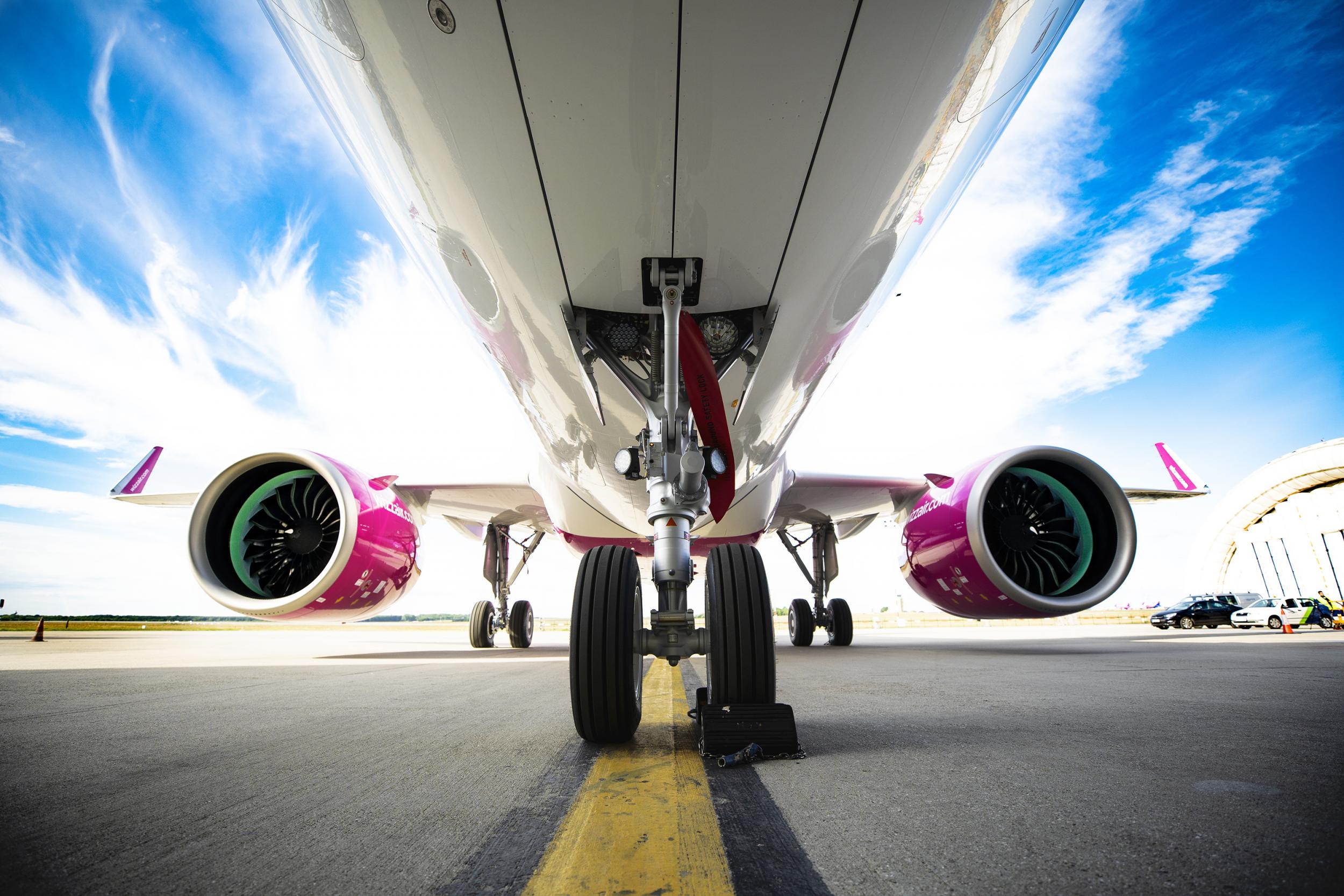How to minimise the carbon footprint of your flights
One-class-only budget airlines are adept at filling seats, spreading the damage of a single flight across more travellers, says Simon Calder


The coronavirus pandemic has done what decades of campaigning by environmental groups could not achieve: grounding almost all passenger flights worldwide for months.
But as a flurry of airline announcements testifies, Europe and the rest of the world is waking up from its aviation hibernation.
Notwithstanding the UK government’s unusual strategy of attempting to destroy the nation’s travel industry with an untimely quarantine law, one day travellers will be able to fly without restriction once more.
And it will be time to pick up where we left off in March 2020 and consider how best to minimise the damage caused by aviation.
Until this year, the relentless rise in airline passenger numbers worldwide was outstripping efficiency improvements in aircraft.
One day electric planes using batteries with much higher energy density than currently available should lighten the mighty carbon footprint – and noise pollution – created by airline passengers. But until then, every passenger is responsible for minimising the damage they cause.
Choose your airline
One-class-only budget airlines are adept at filling seats, spreading the damage of a single flight across more travellers.
Choose your plane
While the coronavirus pandemic has led to the retirement of many old gas-guzzling planes, particularly the Boeing 747 and Airbus A340, your choice can still make a difference. Airlines such as easyJet and Wizz Air are already flying Airbus A320 series Neo jets with significantly lower fuel consumption per person. And when the Boeing 737 Max is allowed back in the skies after two fatal crashes, it will offer much better performance-per-seat figures than older versions – especially on Ryanair, which will be packing in an extra eight seats.
Choose your class
The more of us who demand only a basic seat, the more airlines will reconfigure their seating arrangements to pack more people into their aircraft. It might not be comfortable, but from the planet’s point of view, it’s effective.
Pack light
Don’t fly all your worldly goods around the world. Lay out everything you plan to take, then halve it. Airlines increasingly incentivise virtuous behaviour by charging for checking in bags.
Do pack a water bottle. Drink the contents before the airport security check, then refill once “airside”.
Don’t buy duty-free: flying large quantities of liquid thousands of miles is absurd, environmentally speaking.
Local action
At your destination, don’t rent a car. Many airports are served by excellent public transport, often at absurdly low prices. Los Angeles International to the gorgeous beach resort of Santa Monica? That’ll be $1.25 (less than £1) on the fast and frequent Big Blue Bus. And I have never paid more than a euro for a bus from Nice airport in southern France, even for journeys lasting an hour or more.
Cut out the stops
Changing planes in Amsterdam, Paris, Dublin or Dubai might make your flight a lot cheaper, but adding those extra landing and take-offs sharply increases your carbon footprint.
But on ultra-long routes such as the 9,000-mile Qantas hop from Heathrow to Perth in Western Australia, a large amount of kerosene is burnt to carry fuel for later in the journey. Breaking up any flight over 10 hours reduces the damage. So make that Perth trip a two-step one with a pause at the halfway point, Mumbai.
Long term
Some Europe-wide initiatives could make aviation much more efficient and less harmful – notably by implementing the “single European sky” project. Removing national boundaries from air-traffic control would allow better use of the skies through straighter trajectories. It would also boost safety. But foot-dragging governments, unwilling to upset air-traffic controllers, prefer to force airlines to burn far more fuel than they need. And punitive taxation on domestic flights, where a reasonable terrestrial option exists, is another unused policy option.
The best strategy to minimise the carbon footprint of your flights, of course, is not to fly – as The Independent‘s deputy head of travel Helen Coffey is doing this year.
So far, my excellent colleague is not missing much.
Join our commenting forum
Join thought-provoking conversations, follow other Independent readers and see their replies
Comments